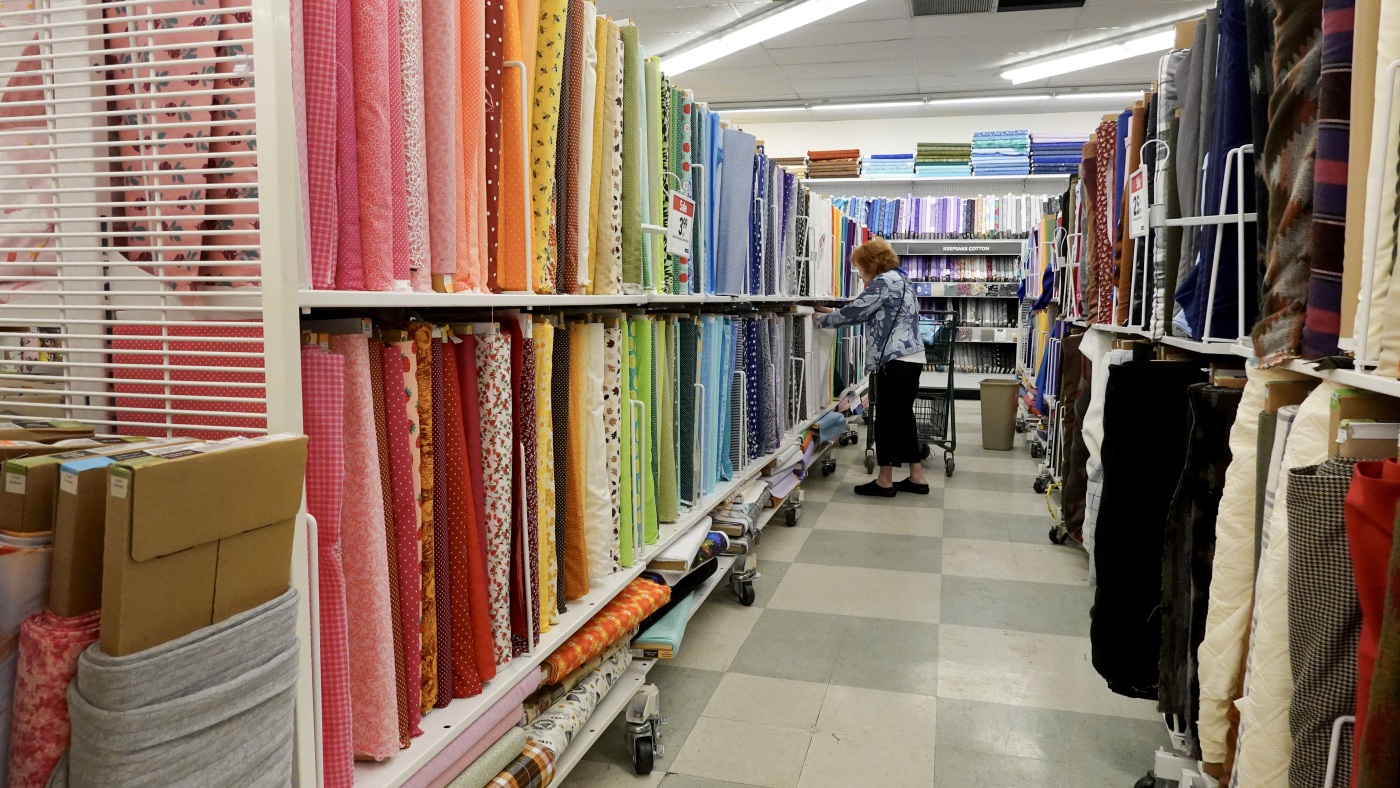Crafting Chaos: Joann Fabric Shutters Nationwide, 800 Stores Set to Vanish

Jo-Ann Fabrics, the beloved crafting destination, has been navigating turbulent financial waters in recent years. The retailer experienced a remarkable surge in sales during the early stages of the COVID-19 pandemic, driven by a widespread DIY boom as people sought creative outlets while quarantined at home. However, this initial spike proved to be short-lived, and the company has since struggled to maintain its financial momentum in a rapidly changing retail landscape.
The crafting giant, which once thrived on the enthusiasm of home hobbyists and creative enthusiasts, has found itself grappling with economic challenges that have tested its resilience. The post-pandemic shift in consumer behavior and spending patterns has exposed the vulnerabilities in Jo-Ann's business model, forcing the company to reassess its strategy and adapt to the new retail environment.
